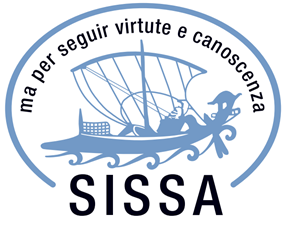UNMET NEED
Molecular recognition of protein targets is one of the most fundamental approaches in medicine and molecular biology for obtaining valuable analytical information. Peptides as protein binders have become a valid option in the framework of protein recognition, due to their numerous advantages, such as the fast and low-cost synthesis, or their high stability and versatility. However, the optimization of peptide sequences is usually performed by panning immune libraries, followed by puntual mutations to refine the binding affinity, an expensive and time consuming methodology. Moreover, these approaches do not allow for a control over their target binding site, therefore not allowing to fine-tune the bio-responsiveness of a device. The solution to these problems relies on the computational design which allow to address the forementioned drawbacks in the current approaches.
TECHNOLOGY PRESENTATION
In silico design of peptides takes advantage of the growing computing power and the accuracy enhancement of binding affinity predictions to optimize from scratch peptides as binders of specific targets. Our developed computational protocol is capable to optimize the sequence and binding conformation of peptides that recognize with high affinity an a priori selected protein epitope.
THE SCIENTIFIC DIRECTOR
Alessandro Laio, Full Professor in the Statistical and Biological Physics sector at SISSA, main research and scientific activity is focused on the development of techniques related to enhancing the capability of computer simulations to provide predictive answers for complex heterogeneous systems. Actually Alessandro is also the President of the Centre Européen de Calcul Atomique et Moléculaire (CECAM) in Lausanne, Switzerland.
i) Fast and low-cost design.
ii) Personalized peptides designed specifically for the recognition of “difficult” protein systems.
iii) Personalized peptides can be also designed as bioactive peptides able to modify the enzymatic activity.
N.A.
Personalized peptides can be designed for the specific recognition of any protein binding site, which is previously chosen. This approach allows solving most of selectivity issues in proteins presenting several conformers, homodimers or cleavages.
Potential collaborations: joint activity in the peptide design and implementation (as well as its operational validation) for the recognition of a specific molecule proposed by the Industrial Partner, who will be entitled to negotiate an exclusive right of commercial exploitation of the final product.
Renè Buttò







